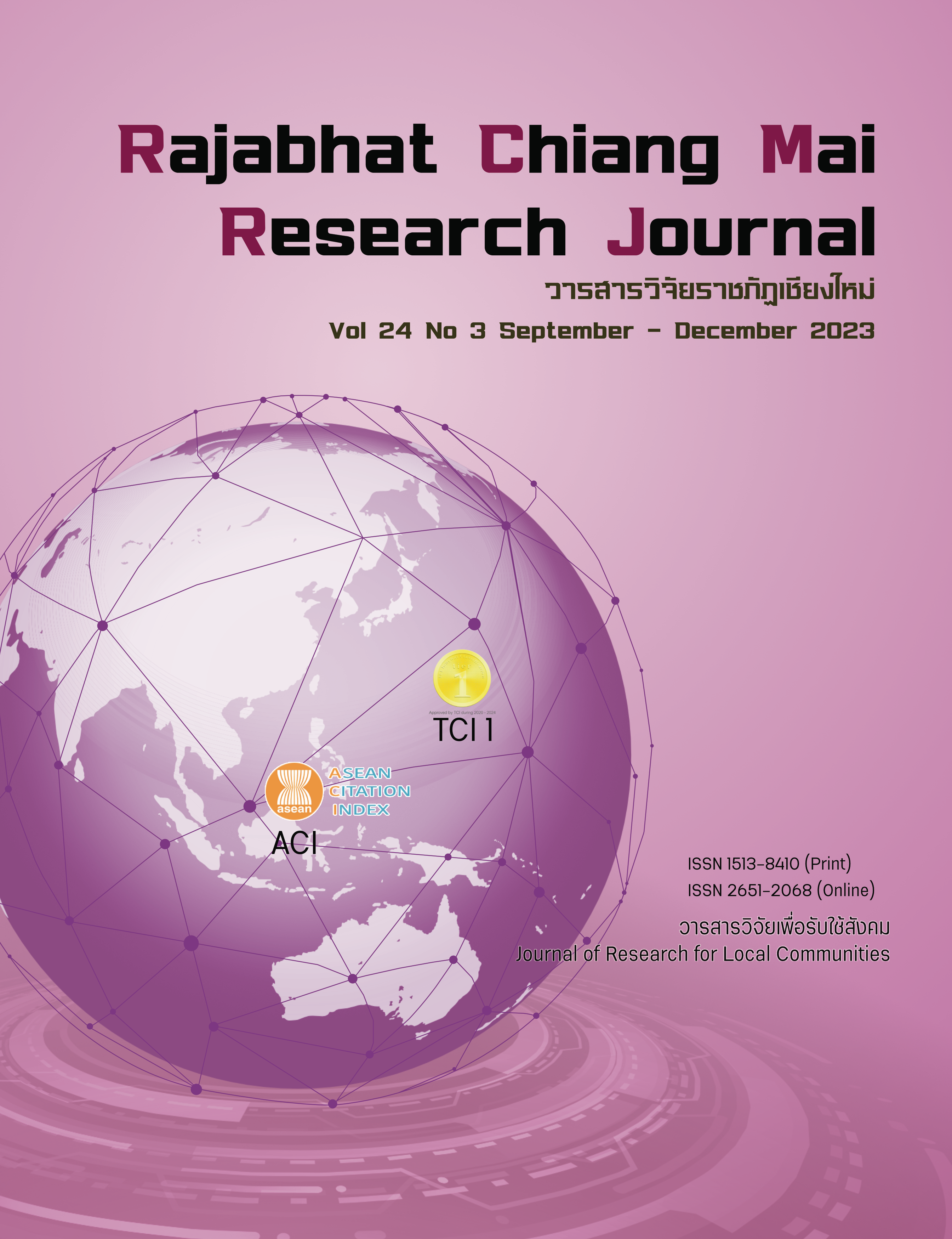Job Satisfaction and Teaching Effectiveness in Emergency Remote Teaching among Higher Education Faculty
DOI:
https://doi.org/10.57260/rcmrj.2023.265660Keywords:
Job satisfaction, Teaching effectiveness, Emergency remote teaching, Higher educationAbstract
Job satisfaction among teachers plays a crucial role in their ability to teach effectively. Hence, this study assessed the higher education faculty’s level of job satisfaction and teaching effectiveness in emergency remote teaching in one state university in Batangas Province, Philippines. By employing the correlational type of descriptive research with a self-made questionnaire and secondary data, this study found out that the faculty members are highly satisfied on their job during emergency remote teaching and majority of them have very satisfactory teaching effectiveness as evaluated by their students. Further, significant relationship exists between the respondents’ assessed level of job satisfaction and their teaching effectiveness. Consequently, this study offered course of action requiring the involvement of various authorities and ensures a collaborative approach towards achieving the stated objectives and expected outcomes.
Downloads
References
Brenninger, H. J. (2015). Employee satisfaction and its impact on company value, Doctoral thesis. University Of Latvia, Faculty of Economics and Management, Riga Latvia.
Castillo, J. X., & Cano, J. (2004). Factors explaining job satisfaction among faculty. Journal of Agricultural Education, 45(3), 65-74. DOI:10.5032/jae.2004.03065
Chandrasekar, K. (2011). Workplace Environment and Its Impact Organizational Performance in Public Sector organizations. International Journal of Enterprise Computing and Business Systems, 1(1), 1-19. http://www.ijecbs.com/January2011/N4Jan2011.pdf
Churchwell, M. S. (2016). A Study of Factors That Influence Job Satisfaction of Teachers at a Southeast Christian School. (Order No. 10587683). Retrived from https://search.proquest.com/docview/1886443023?accountid=149218
Cranny C. J., Smith, P. C., & Stone, E. F. (1992). Job Satisfaction: How people feel about their jobs and how it affects their performance. New York: Maxwell Macmillan International.
Crossman, A., & Harris, P. (2006). Job satisfaction of secondary school teachers. Educational Management Administration and Leadership, 34(1), 29–46. https://doi.org/10.1177/2F1741143206059538
Javier, E. R., & Deligero, J. C. L. (2014). Job Satisfaction of the Teaching and Non-Teaching Staff of the Lyceum of the Philippines University—Batangas. International Journal of Information, Business and Management, 6(4), 1-10.
https://search.proquest.com/docview/1552838173?accountid=149218
Judge, T. A., Thoresen, C. J., Bono, J. E., & Patton, G. K. (2001). The job satisfaction–job performance relationship: A qualitative and quantitative review. Psychological Bulletin, 127(3), 376-407. https://doi.org/10.1037/0033-2909.127.3.376
Lualhati, G. P. (2019). Gender Sensitizing: Examining Filipino Educators’ Pedagogical Practices and Teaching Effectiveness. Asia Pacific Journal of Multidisciplinary Research, 7(1), 67-76. http://www.apjmr.com/wp-content/uploads/2019/01/APJMR-2019.7.1.2.08.pdf
Maslow, A. H. (1943). A Theory of Human Motivation. Psychological Review, 50(4), 370–396. https://doi.org/10.1037/h0054346
Nyamubi, G. J. (2017). Determinants of secondary school teachers’ job satisfaction in Tanzania. Education Research International. Retrieved from https://www.hindawi.com/journals/ edri/2017/7282614/ref/
Spooren, P, & Mortelmans, D. (2006). Teacher professionalism and student evaluation of teaching:Will better teachers receive higher ratings and will better students give higher ratings?. Educational Studies, 32(2), 201–214. DOI:10.1080/03055690600631101
Tahir, S., & Sajid, S. M. (2014). Job satisfaction among college teachers: A comparative analysis. IUP Journal of Organizational Behavior, 13(1), 33-50. https://search.proquest.com/docview/1511117666?accountid=149218
Wenglinsky, H. (2000). How teaching matters: Bringing the classroom back into discussions of teacher quality. Retrieved from https://www.ets.org/research/policy_research_reports/publications/report/2000/idxn
Downloads
Published
How to Cite
Issue
Section
License
Copyright (c) 2023 Rajabhat Chiang Mai Research Journal

This work is licensed under a Creative Commons Attribution-NonCommercial-NoDerivatives 4.0 International License.
1. Articles, information, content, images, etc published in the “Community and Social Development Journal” are copyrighted by the Community and Social Development Journal, Chiang Mai Rajabhat University. In order to properly distribute the articles through print and electronic media, the authors still hold the copyright for the published articles under the Creative Commons Attribution (CC BY) license, which allows the re-distribution of the articles in other sources. References must be made to the articles in the journal. The authors are responsible for requesting permission to reproduce copyrighted content from other sources.
2. The content of the articles appearing in the journal is the direct responsibility of the article authors. The editorial board of the journal does not necessarily agree with or share any responsibility.














